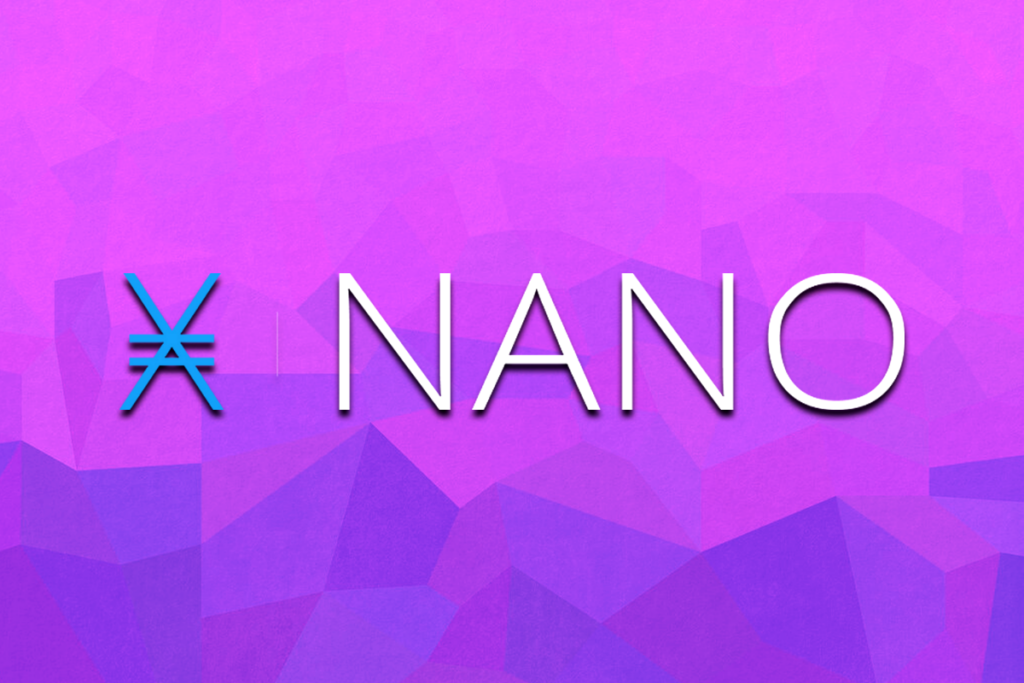Nano (XNO crypto), a small-scale cryptocurrency that aims to overcome some of the major drawbacks of both traditional financial infrastructure and many contemporary cryptocurrencies, is marketed as digital money for the present day. Moreover, it was created to enable secure, fee-free payments that are almost instantaneous.
A Comprehensive Review of XNO Crypto – 2023

In 2014, the RaiBlocks project started to take shape. The coin (then known as XRB) was introduced the next year via a public faucet that let users claim modest amounts of XRB after solving a captcha puzzle. Anyone who has access to a computer or smartphone can complete captchas and earn RaiBlocks as a reward. Each time a captcha was solved, a different number of XRB users received it.
In January 2018, Nano replaced RaiBlocks (XRB) as the company’s name. The revised name was chosen to more accurately convey the quickness and ease of use that users will experience with the project. With the goal of bringing Nano into the real world and adhering to the norms of the International Organization for Standardization (ISO), Nano adopted a new ticker and a standard symbol in November 2021: XNO and Ӿ.
What is ORV?
It is a peer-to-peer network that eliminates the need for a centralized third party by using a special block-lattice data structure to facilitate value transfers between users. Nano uses a system known as Open Representative Voting (ORV), where account holders vote for their preferred representative, who then works to confirm blocks of transactions securely.
This is different from other platforms, which typically use the combined proof-of-work of a massive mining network to achieve consensus. Nano’s extraordinary energy efficiency with ORV positions it as a more sustainable cryptocurrency than those that rely on proof-of-work (POW).
Who are the Founders of XNO Crypto?
Colin LeMahieu, a highly skilled software developer and engineer with years of experience working for well-known tech firms like Dell, AMD, and Qualcomm, developed Nano. LeMahieu, who calls himself an inventor, is a well-known figure in the digital currency industry and has interests in physics, space technology, and environmental sustainability. He started working full-time on nano in 2017 and continues to serve as the Director of the Nano Foundation, a company established to promote the advancement and uptake of nanotechnology.
The vast majority of contributions to Nano’s GitHub repository were also submitted by Colin LeMahieu. The Nano Foundation employs more than a dozen people in addition to LeMahieu, including George Coxon, the current director of the organization and a graduate in evolutionary anthropology.
Nano Ecosystem

Nano is made to move quickly. In contrast to many other major cryptocurrencies, which might take several minutes or even longer, most Nano transactions attain ultimate finality in less than a second. Nano’s speed makes it suited for commercial payments because businesses and shops may now take payments without being concerned about transaction delays.
Additionally, Nano transactions are entirely fee-free. There is no requirement for a transaction fee because representatives are not paid for their work in securing the network. Because customers no longer have to worry about paying a potentially high transaction fee when making small purchases, Nano is the perfect solution for handling micro-transactions.
Its distinctive architecture makes it possible for these features. Nano is a cryptocurrency that is based on a similar distributed ledger technology called a directed acyclic graph (DAG), as opposed to many other cryptocurrencies that are constructed on top of a distributed ledger known as a blockchain. With the correct hardware, this extremely reliable structure can scale to enable 1,000 transactions per second (tps) without needing an energy-intensive mining network to preserve its integrity, making Nano an environmentally benign choice for digital payments.
















Leave a comment